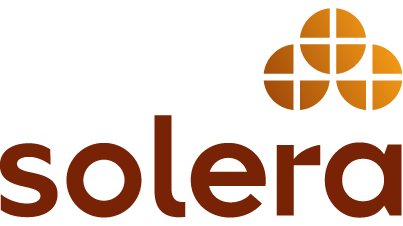Basic Estate Planning Checklist: Here’s What You Need to Include

07 Sep 2018
No one wants to think about what happens after they pass on. This leads to people ignoring the task of creating a will.
As many as 64% of Americans do not have a will. This is concerning considering this is the first step in having estate planning documentation.
There are 6 items you should have on your estate planning checklist. This will ensure that you and your assets get taken care of.
1. Will or Trust
A will or trust is the first step of your estate plan. Even if you don’t have a lot of assets you should still create a will.
Creating a will lets everyone know how you wish your assets to get distributed. You need to make sure that the will complies with the laws of your state to be enforceable.
2. Durable Power of Attorney
This document lets someone act on your behalf when you are not able to do so. Without this, a court will be the one to decide what happens if you are mentally incompetent.
Your agent can contract real estate agreements and financial actions. You can also revoke this power when you are mentally competent or upon death.
3. Beneficiary Designations
Many assets today pass to heirs automatically without the need for specification in the will. Examples of this are 401(k) plans and insurance payouts.
Check your plans with your financial adviser to ensure that you have properly named a beneficiary for each. It is best to also name a secondary beneficiary.
If there is no one named, the court will make the decision for you during probate. Do not leave this decision to the judge, who is a total stranger to you and your situation.
4. Letter of Intent
Your letter of intent lets the executor know what you want to be done in particular situations. This could relate to a particular asset.
Many people include their funeral wishes in this document. This document isn’t considered legally binding. It helps to explain your intent to a probate judge in case a part of your will is deemed invalid for some reason.
5. Healthcare Power of Attorney
This power of attorney gives someone the ability to make health care decisions for you. You will want to pick someone you trust to make decisions while you are unable.
It is also smart to name a secondary person. This gives you security in case the first person cannot act in a time of need. Without this form of POA, your loved ones are powerless in advocating for you.
Guardianship Designations
If you have minor children, make arrangements to have someone you trust to care for them. Without your direction, the court is left to make this decision for you.
In extreme situations, your child could become wards of the state. To prevent this, name a caregiver and create a trust for their financial security.
Estate Planning Checklist
If you have not done your estate planning checklist, now is the time. Start by gathering any estate planning documents that you have completed.
Then compare them to this list and see what you are missing. Work your way through the items that you are missing.
Start with a will to state how you want your assets distributed to your heirs. Then name your durable and healthcare power of attorneys.
Check that you have named your beneficiaries for the assets needed. Finally, make sure you have named a guardian for any minors you may leave behind.
Now that you have your documents taken care of, do your elders need help getting their estate plan done? Click here to find out.

